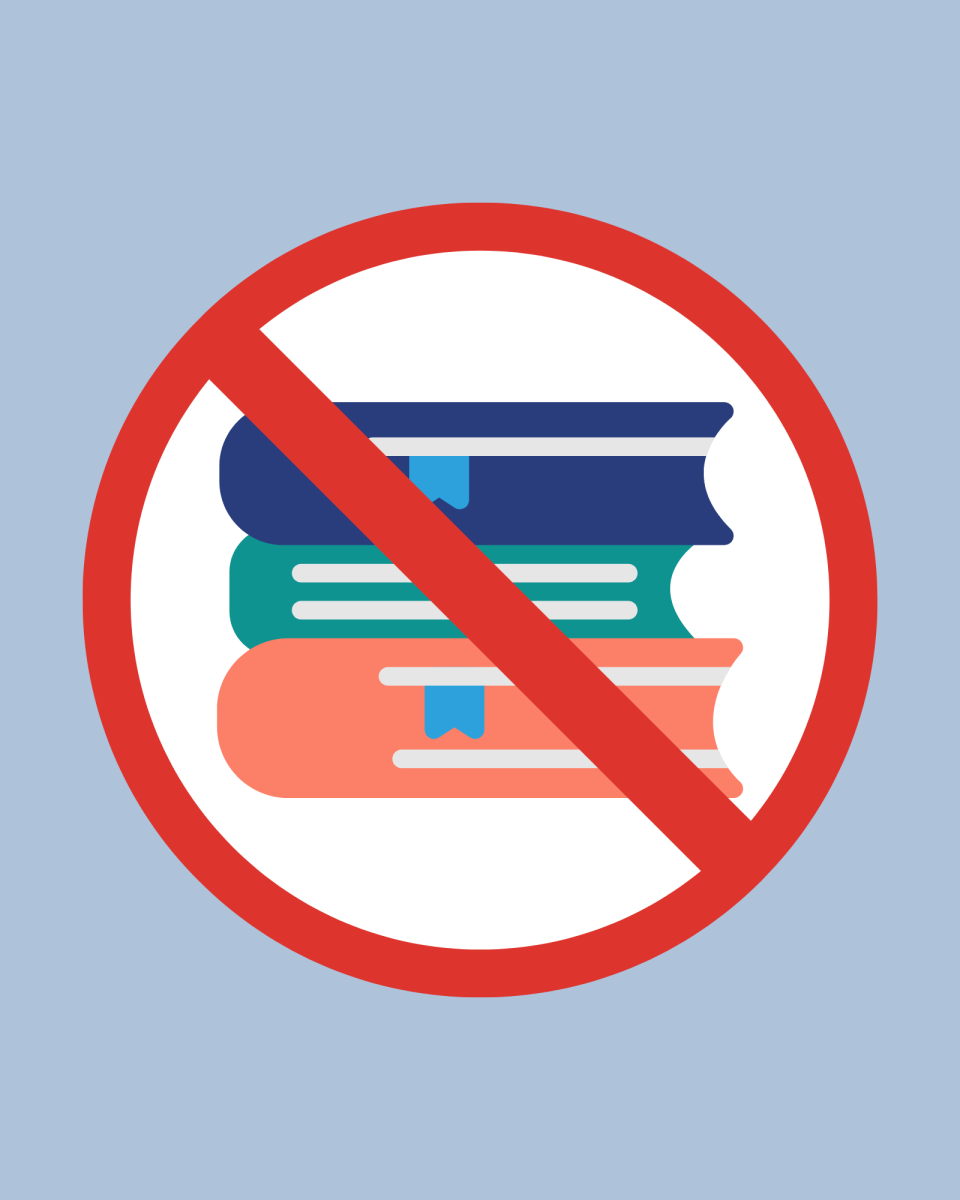A recent proposal will require school libraries to notify parents of every book their child checks out. This was recently advanced by Georgia senators on Tuesday, Feb. 20. There is also a proposal for school librarians to be criminally charged for distributing certain materials. The bill mainly targets sexual content that is inside certain books.
The bill has gained a lot of controversy so far, and many are wondering if the bill will work and shield students from certain materials.
“We monitor what children learn anyway, like through Common Core,” said Sofia Caldas, a sophomore nursing major. “That determines what they learn, and so this is kind of just putting more guardrails on what they learn. But I think if students really want to access literature that they cannot find in their school library, they sure can look it up on their iPads at home.”
The bill would give parents a choice on whether to receive a notification for the books their child obtains from their school library.
“As a parent, you need to be in a position to trust your children and trust what they’re reading,” said Nancy Mizelle, the chair of the Department of Professional Learning and Innovation at GC. “I mean, they can bring one thing home and be reading something else. I want to be in a position to say that I can trust my children enough to know that what they are bringing home is what they are actually reading.”
The bill also contains a proposal that can make school librarians subject to criminal charges if they distribute material to students that is considered obscene.
“I think it is important for teachers to get parent permission for class readings at the beginning of the school year so that there is documentation that parents are informed of what students are expected to read,” said Allie Wiernicki, a junior education major. “If books are within a classroom or library, and students aren’t required to read them, it is not inherently a teacher or librarian’s direct place to tell a student what they can or cannot read and therefore not something a teacher or librarian should be criminally charged for if a student picks it up to read.”
The bill will create the Georgia Council of Library Materials Standards. Members of this council will be appointed by the governor, lieutenant governor, speaker of the House, House minority leader and Senate minority leader.
This council will create a grading system that will decide which books will be banned. The books have to fall under the legal definition of “harmful to minors” or “sexually explicit” in order to be banned.
This is not the first time that we have seen school libraries ban certain material that falls under these requirements.
In August 2023, Cobb County School District removed two books from their school libraries that contained inappropriate and sexual content. The two books were “Flamer” by Mike Curato and “Me and Earl and the Dying Girl” by Jesse Andrews.
“The Absolutely True Diary of a Part-Time Indian” by Sherman Alexie, “To Kill a Mockingbird” by Harper Lee and “Of Mice and Men” by John Steinbeck are other books that have been banned from most schools as well. Most of these books are what students grew up reading in their literature classes.
“I’ve read ‘To Kill a Mockingbird’ in my freshman year of high school,” Caldas said. “It shocks me that this book has been banned in schools because it is seen as a classic, but it does have certain aspects that could lead to it being banned from schools.”
The state Senate Education and Youth Committee voted 5-4 to advance the bill to the full Senate. It is now waiting for full approval from the Senate.


